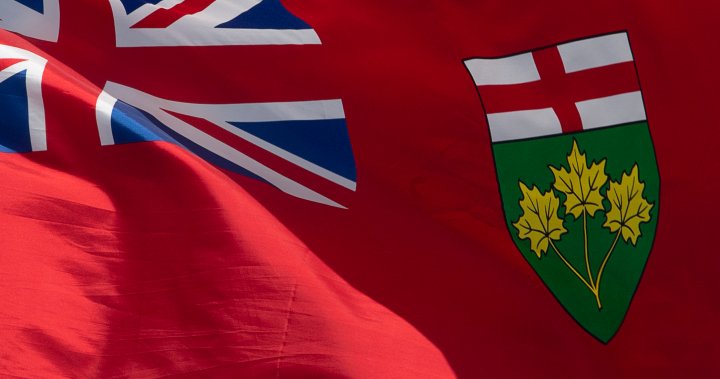In a dramatic reversal that highlights the delicate balance between patriotic sentiment and freedom of expression, Ontario Premier Doug Ford has abandoned plans to criminalize flag burning following intense public and legal criticism. The proposed legislation, which would have imposed penalties of up to $5,000 for desecrating the Canadian or Ontario flags, was quietly shelved this week after constitutional experts raised serious concerns about its legality.
“While we strongly believe in respecting our national symbols, we’ve listened to the feedback from legal experts and citizens alike,” a spokesperson from the Premier’s office told CO24 News. “After careful consideration, the government has decided not to move forward with this specific legislation at this time.”
The controversial bill, first announced in early May, came in response to pro-Palestinian demonstrations where protesters burned Canadian flags. Premier Ford had initially characterized the proposed law as defending “our shared values” and ensuring respect for national symbols. However, the proposal immediately sparked debate among constitutional scholars who warned that such restrictions would likely violate Charter-protected freedom of expression.
Cara Zwibel, director of the fundamental freedoms program at the Canadian Civil Liberties Association, was among the most vocal critics. “The Charter protects expressive conduct, even when that expression is deeply offensive to many Canadians,” Zwibel explained to CO24. “Flag burning, while provocative and upsetting to many, remains a protected form of political expression in a democratic society.”
Legal precedents from both Canadian courts and similar jurisdictions have consistently upheld the right to symbolic protest, even when it involves national emblems. The United States Supreme Court, for instance, ruled in 1989 that flag burning constitutes protected speech under their First Amendment.
The Ontario government’s retreat comes amid broader tensions over free speech and protest rights across Canada. Since October 2023, demonstrations related to the Israel-Hamas conflict have tested the boundaries of acceptable protest and sparked heated debate about the line between legitimate dissent and harmful speech.
Political analysts suggest the Progressive Conservative government may have underestimated the public’s reaction to the proposed ban. “This appears to be a case where emotional response to provocative imagery drove policy considerations before a full legal analysis was completed,” noted Dr. Eleanor Matthews, professor of political science at York University.
The episode raises important questions about how governments should respond to divisive forms of protest without undermining fundamental freedoms. While many Canadians express discomfort with flag burning, polling data suggests most prioritize free expression principles over symbolic protection laws.
The provincial government has indicated it will continue exploring other ways to “promote respect for national symbols” through educational initiatives rather than punitive measures. Meanwhile, advocacy groups have welcomed the decision to abandon the law as a victory for civil liberties.
As tensions continue over complex geopolitical conflicts and their domestic implications, how will Canadian society balance respect for deeply held national values with the equally important principle of free expression in a diverse democracy?
























